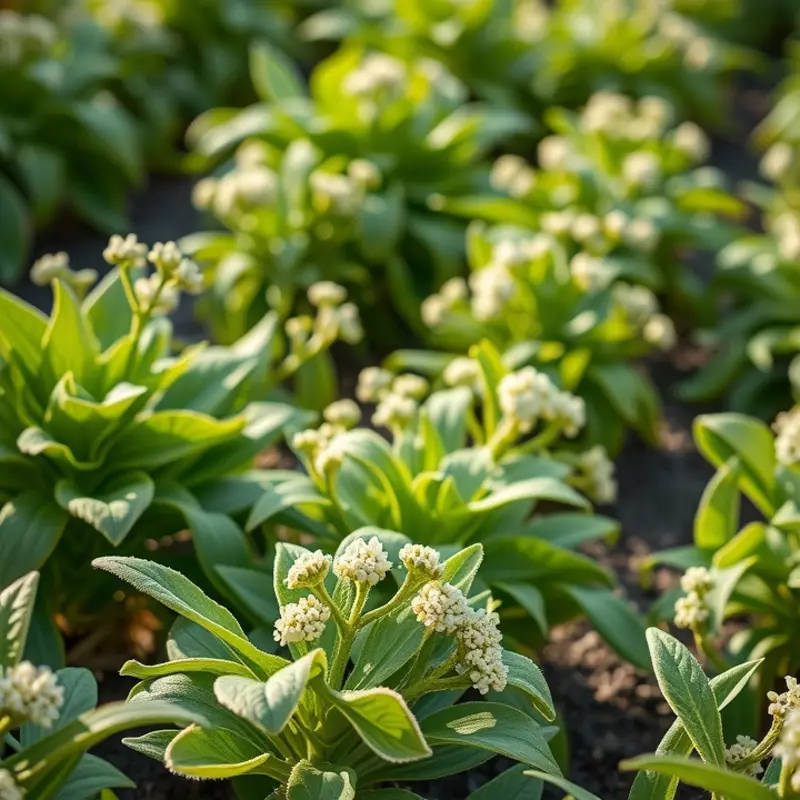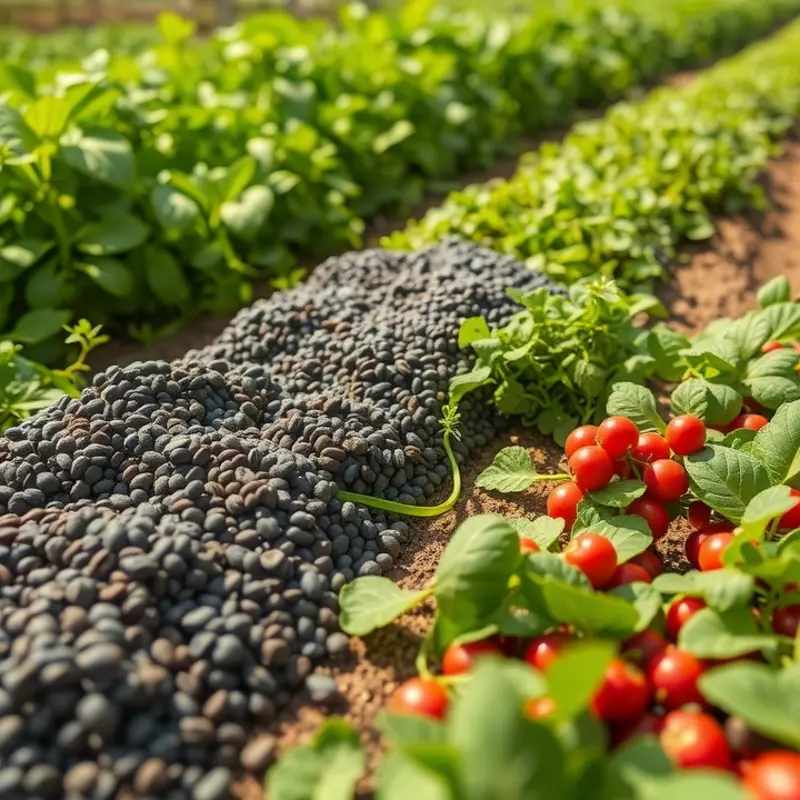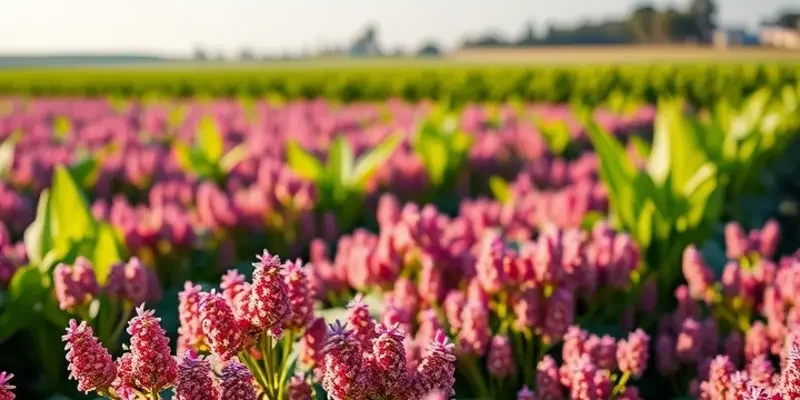Choosing eco-conscious ingredients is vital for nurturing our planet and supporting sustainable practices. By opting for food sourced responsibly and with minimal environmental impact, you become part of a global movement towards healing our ecosystems. This journey into the world of eco-friendly ingredients showcases the power of informed choices, encouraging individuals to integrate awareness into their dietary habits. Together, we can shift the focus of our tables from convenience to sustainability.
Sustainable Staples: Insights on Global Ingredients

Exploring the landscape of global ingredients leads us to a treasure trove of sustainable staples that promise both health benefits and reduced environmental impact. Integrating these elements into your diet not only diversifies your palate but also supports sustainable agriculture practices worldwide.
Quinoa, a seed native to the Andean region of South America, stands out for its impressive nutritional profile and sustainable cultivation methods. It is a complete protein, packed with essential amino acids, fiber, and micronutrients like magnesium and iron. Quinoa thrives in arid climates with minimal water needs, making it a resilient crop in the face of climate change. Incorporate it into your meals by swapping it for rice or pasta, creating nourishing salads, or using it as a base for power-packed breakfast bowls.
Lentils, a staple in many cultures, are renowned for their ability to improve soil health thanks to their nitrogen-fixing properties. As a low-impact crop, they require minimal water and no chemical fertilizers, making them an excellent choice for eco-conscious eaters. Lentils are rich in protein, fiber, and essential vitamins, supporting heart and digestive health. They’re incredibly versatile: add them to soups and stews, blend them into veggie burgers, or enjoy them as a protein-rich side dish.
Coconuts serve as a primary culinary staple in many tropical regions. Every part of the coconut can be used, minimizing waste and promoting efficiency in farming. Coconut trees grow well in poor-quality soils with minimal input, contributing to their sustainability. Coconut products, such as coconut oil, milk, and flour, are nutritious and offer a sustainable alternative to dairy and wheat. Use coconut milk in curries, coconut oil as a cooking fat, or coconut flour in gluten-free baking to embrace this sustainable ingredient.
Adopting these sustainable staples into everyday cuisine encourages global community support and ecological stewardship. Balancing a sustainable diet involves not just the right ingredient choices but also mindful practices in the kitchen. For tips on reducing waste while cooking, consider visiting this guide on low-waste cooking prep. Here, you’ll find useful strategies for making the most of every ingredient.
By prioritizing these eco-friendly ingredients, we not only invest in our personal health but also contribute to a greener planet. The integration of quinoa, lentils, and coconut into our daily diets exemplifies how simple food choices can lead to significant global impacts.
Beyond Borders: Exploring Sustainable Superfoods

Sustainable superfoods are marvels of nutrition that tread lightly on the planet while providing immense health benefits. These remarkable ingredients are not only excellent for individual diets but also promote ethical agriculture and support local economies.
Take chia seeds, for example. This small but mighty seed originates from South America, where it has been cultivated for centuries. Chia seeds require minimal resources to thrive, making them an environmentally friendly choice. Rich in omega-3 fatty acids, fiber, and antioxidants, they offer a nutritional powerhouse for plant-based diets. Incorporate chia seeds into smoothies or sprinkle them over salads for a boost of energy and essential nutrients.
Spirulina, a blue-green algae, is another sustainable superfood lauded for its high protein content and abundance of vitamins and minerals. Spirulina cultivation has a low environmental impact, requiring less water and land compared to traditional livestock farming. It also aids in carbon capture, contributing to cleaner air. Spirulina can be added to smoothies or used as a natural colorant in culinary creations.
Goji berries, hailing from the Himalayas, are not just packed with vitamin C and fiber but also support sustainable farming practices. These berries are often grown in regions that utilize methods designed to protect the environment. Consuming goji berries can help support these responsible farming communities. Enjoy them as a dried snack or add them to trail mixes for a sweet and tangy flavor.
When sourcing these superfoods, it’s crucial to consider their origin and the farming practices behind them. Look for certifications that indicate fair trade or organic production, as these can offer assurance of ethical practices. Purchasing from local cooperatives, where possible, ensures that your money supports the community directly involved in growing these foods.
For those interested in diving deeper into sustainable food practices and storage techniques, exploring resources like eco-smart kitchen storage can enhance your journey towards more planet-friendly eating habits.
By integrating sustainable superfoods into your diet, you embrace a globally-conscious lifestyle that nourishes both body and planet, paving the way for a healthy future that transcends borders.
Final words
Incorporating eco-conscious global ingredients into your diet is not just a health choice; it’s a lifestyle commitment to sustainability. By understanding and choosing ingredients that support both our bodies and the planet, you contribute to a more resilient future for everyone. Making small changes in our food choices can lead to impactful results, fostering a connection between nourishment and environmental stewardship. Embrace this journey, and encourage others to join you in prioritizing sustainability in every meal.








